Hands Across the Sand, May 18th, 2019: “Say NO to dirty fuels and YES to clean energy”

Join Hands around the globe in silent solidarity to say NO to fossil fuels and YES to clean energy.
It was 84 degrees near the Arctic Ocean this weekend as CO2 hit its highest level in human history
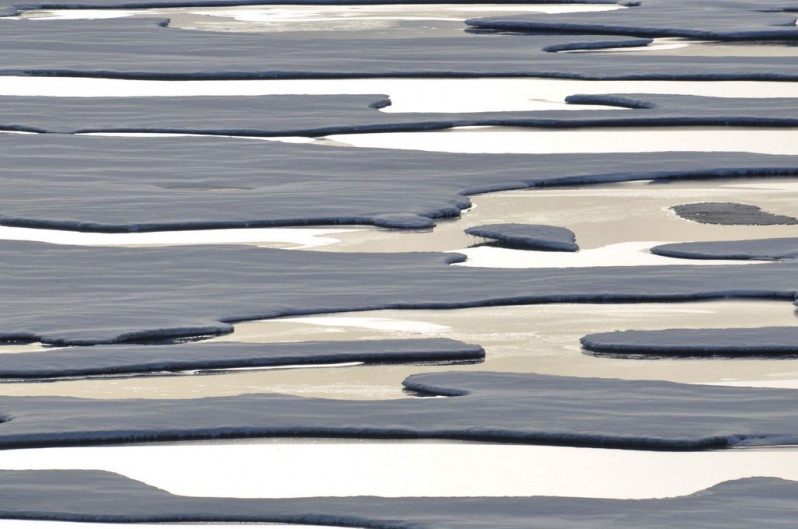
It was 84 degrees near the Arctic Ocean this weekend as carbon dioxide hit its highest level in human history.
Strong winds are supersizing the ocean’s biggest waves
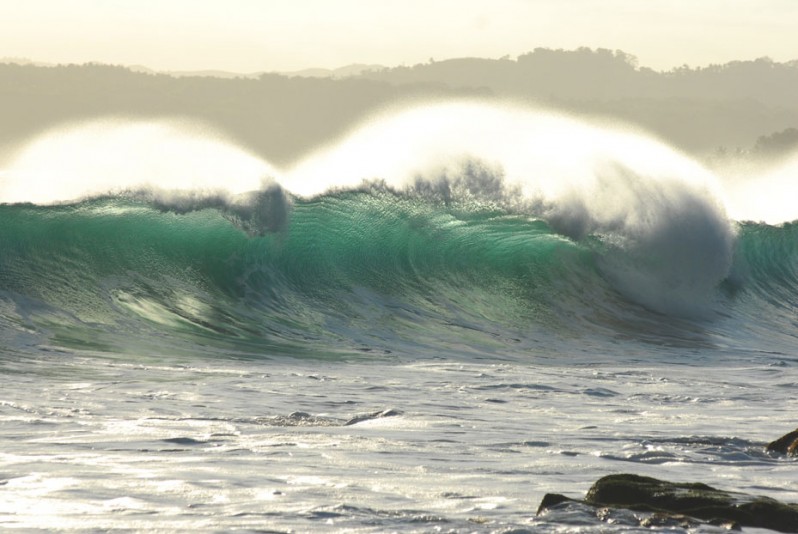
Strong winds are driving the ocean’s biggest waves to dizzying new heights. The University of Melbourne researchers behind the work, published April 25 in the journal Science, say the supersized waves could compound the effects of rising sea levels, leading to more frequent flooding and accelerated coastal erosion.
Preventing collapse after catastrophe
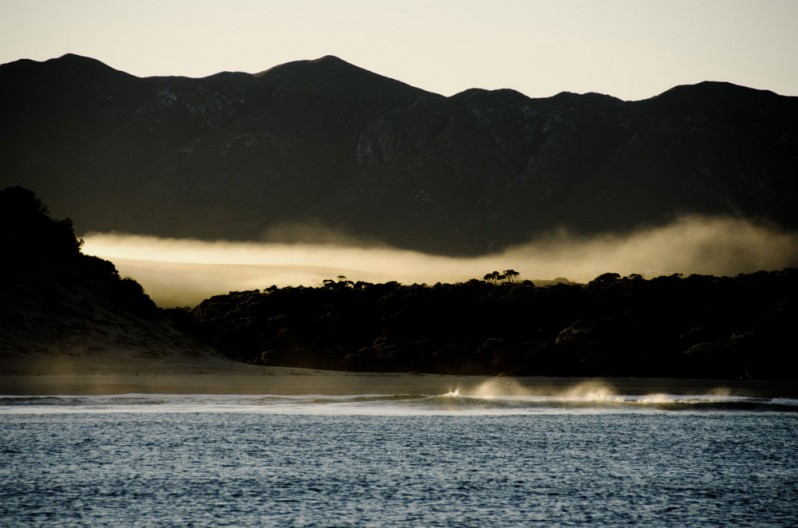
As the impacts of climate change escalate, ecosystems will likely undergo events that will disrupt entire populations. In marine ecosystems, anthropogenic warming has subjected organisms to elevated temperatures, oxygen loss, and acidification. The increased frequency and severity of catastrophic events may inhibit a population’s ability to recover and, in turn, may spur collapse.
Melting permafrost in Arctic will have $70tn climate impact – study
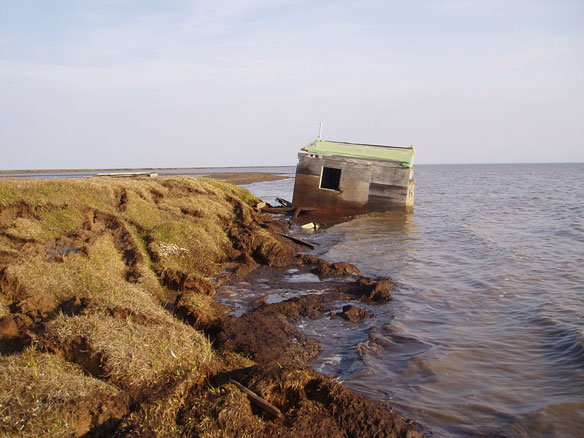
The release of methane and carbon dioxide from thawing permafrost will accelerate global warming and add up to $70tn (£54tn) to the world’s climate bill, according to the most advanced study yet of the economic consequences of a melting Arctic.
Greenland ice melting four times faster than in 2003
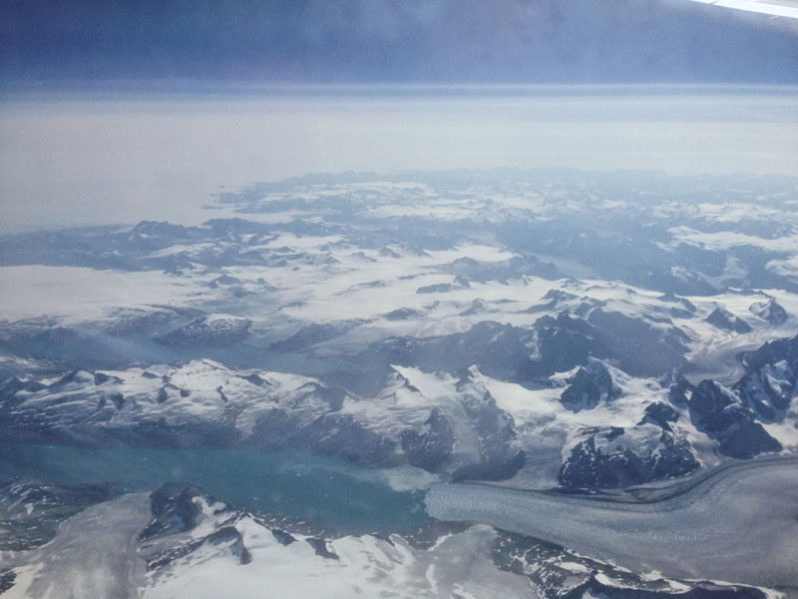
Greenland is melting faster than scientists previously thought – and will likely lead to faster sea level rise -thanks to the continued, accelerating warming of the Earth’s atmosphere, a new study has found.
Earth Day: 60 Minutes climate stories

On this Earth Day, there’s a lawsuit focused squarely on climate change that’s working its way through the federal court system. It was filed on behalf of a group of kids who are trying to get the courts to block the U.S. government from continuing the support of the fossil fuel industry.
Since the first Earth Day, the planet’s CO2 levels have gone off the rails
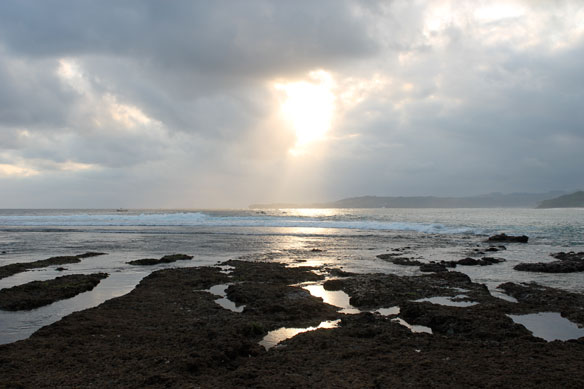
When Americans celebrated the first Earth Day on April 22, 1970, the planet’s atmosphere was markedly different than it is today. Now, almost five decades later, that number has shot up to around 412 ppm, nearly 90 ppm higher. It’s a change atmospheric researchers, geologists, and climate scientists call unparalleled in at least 800,000 years, though it’s likely carbon dioxide levels haven’t been this high in millions years.
The most effective ways to curb climate change might surprise you

To reduce our impact on the climate and avert disaster, it’s going to take more than switching to high-efficiency light bulbs. But the most effective ways that individuals, policymakers and businesses can reduce our carbon footprint might surprise you.
